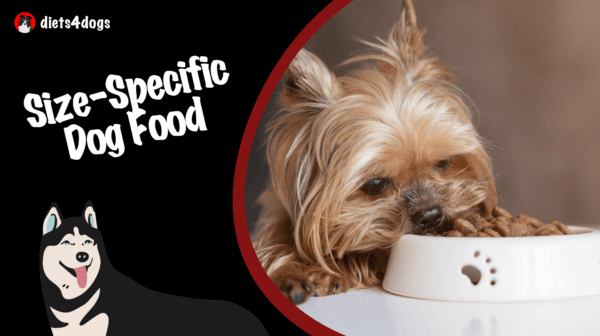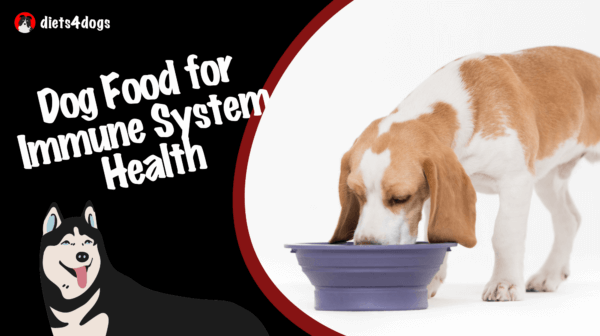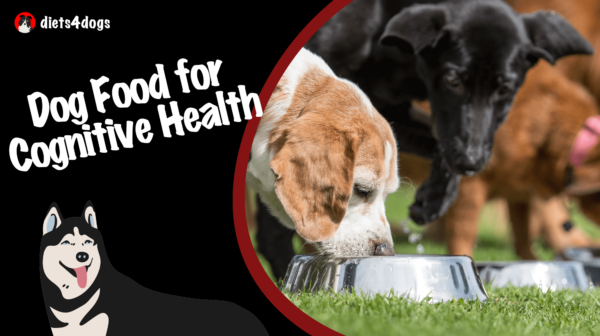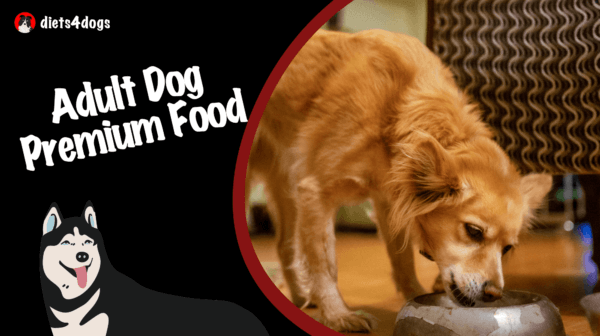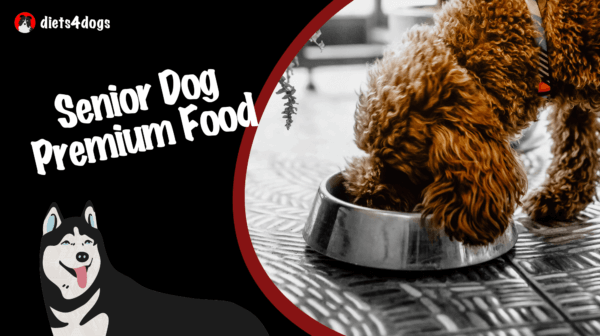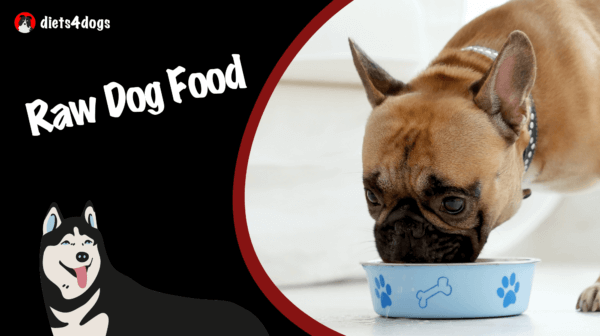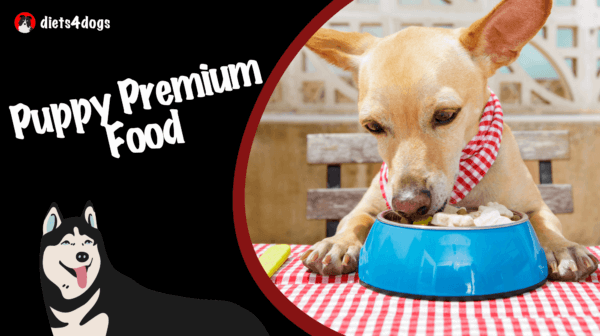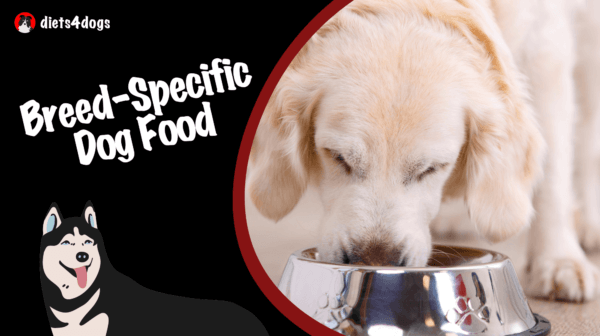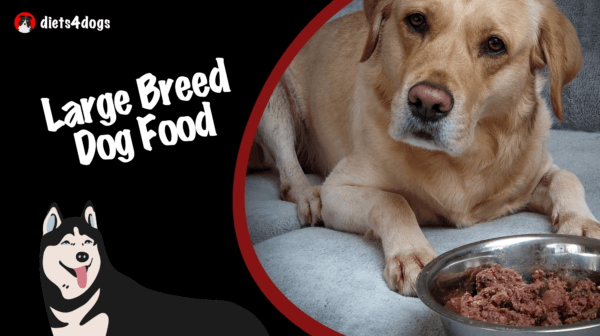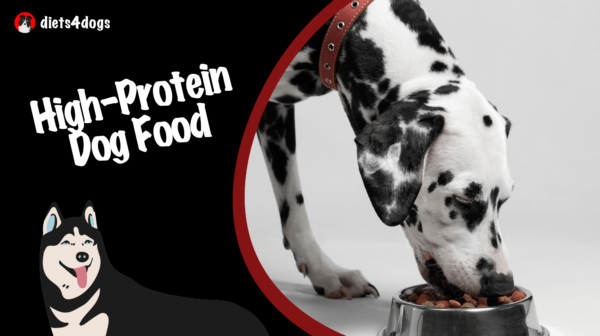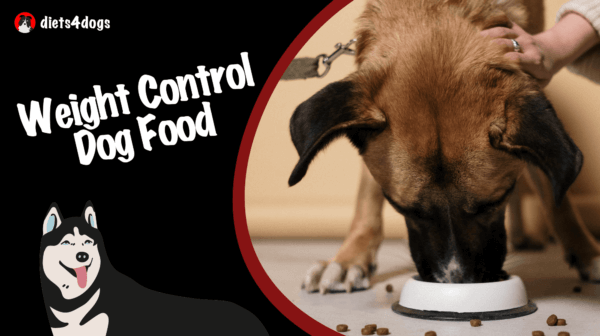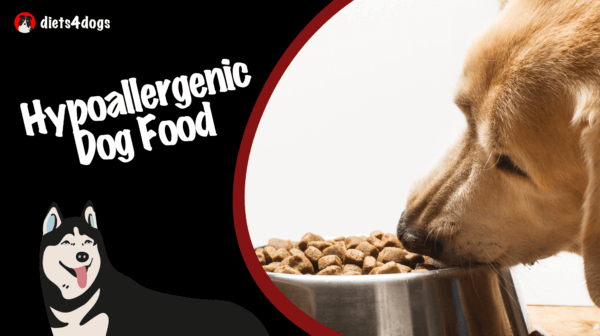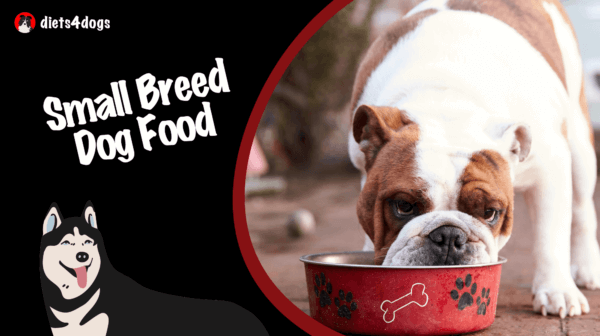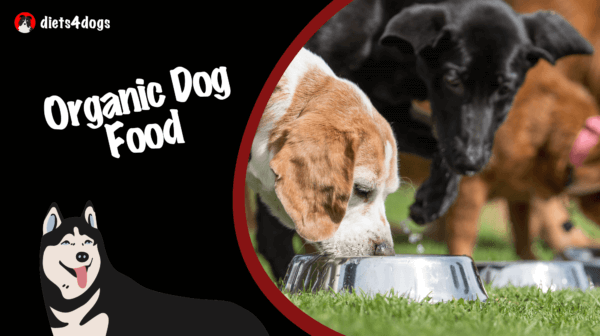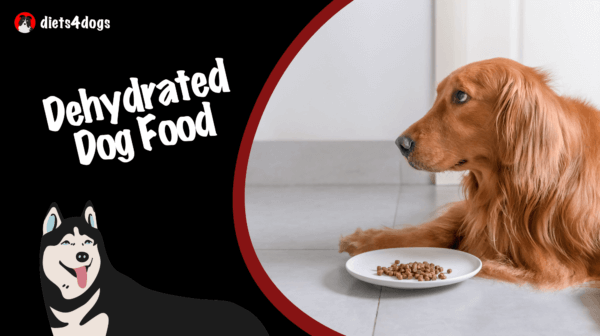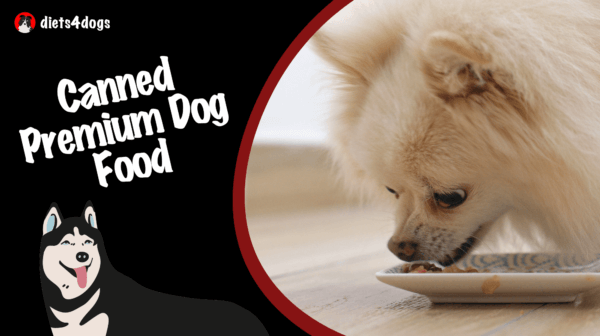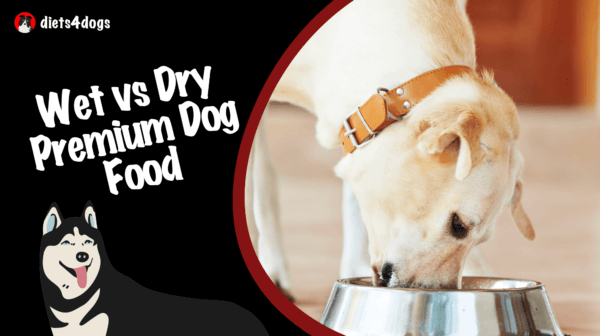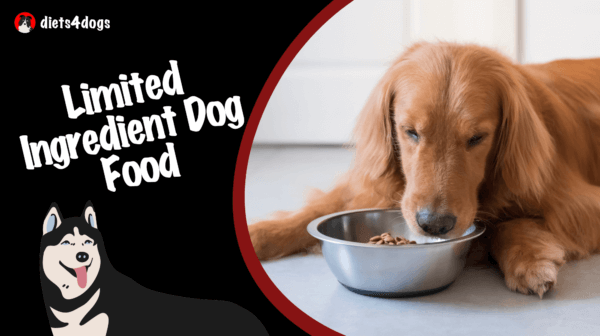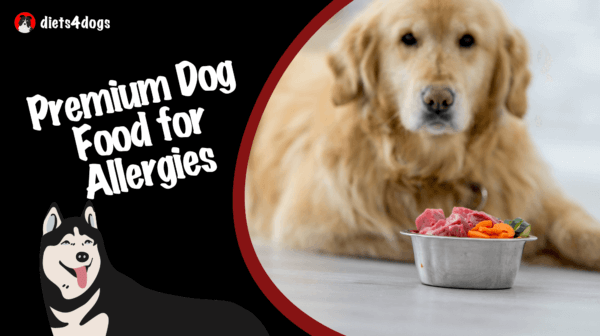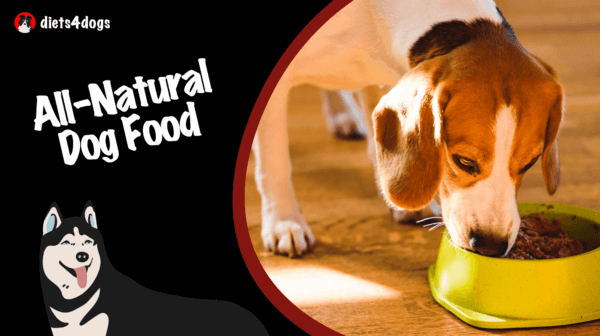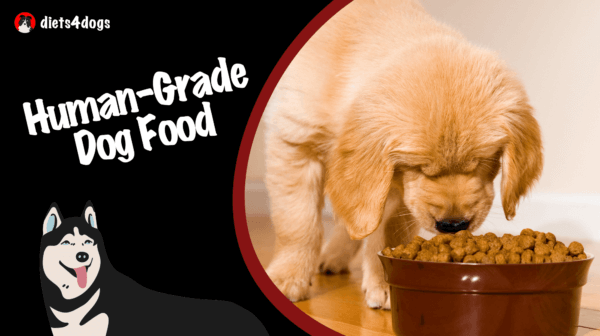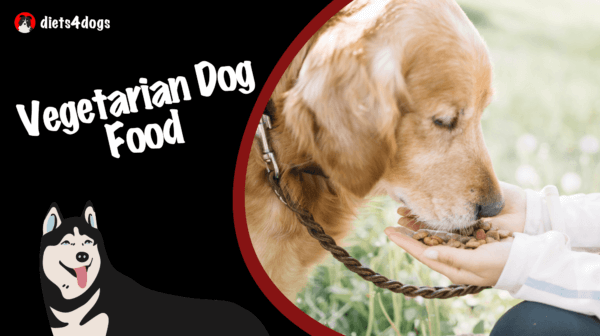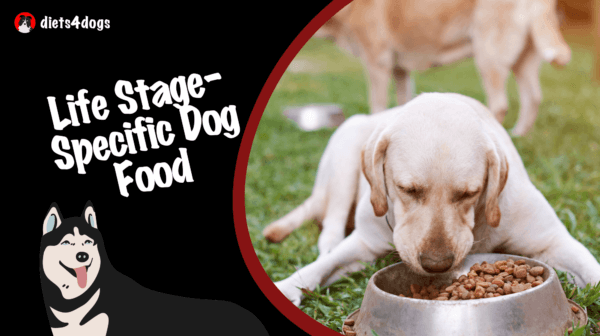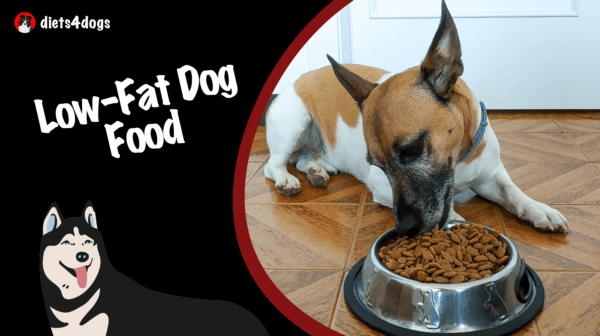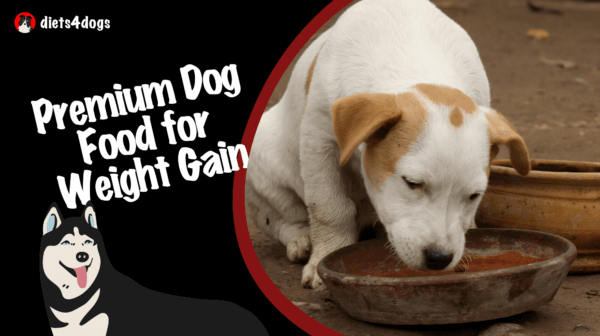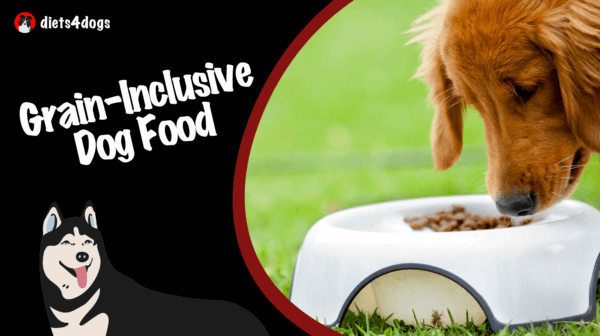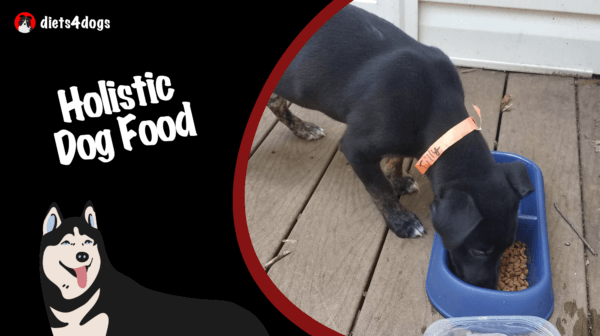What can dogs eat?
The Snack Attack Guide for Dogs.
Welcome to diets4dogs, where every bone-loving pup can find out the scoop on what they can and can't scarf down. From peaches to chocolate, we've got the skinny on all the grub that's good (and not-so-good) for our furry friends. So sit, stay, and get ready for some tail-wagging facts and fun!

Blog
The Woof House: A Home for Hound-Approved Diets.
Get your woof fix with the latest doggy delights and updates.
Learn what dogs can and cannot eat.
Welcome to our website dedicated to educating pet owners on what foods are safe and beneficial for their furry companions. We provide comprehensive information on the types of foods that dogs can and cannot eat.

What do dogs eat?
Welcome to diets4dogs.com! Our website provides valuable information about the types of foods dogs can and cannot eat, including fruits like bananas, strawberries, apples, watermelon, and blueberries. While meat is a crucial part of a dog's diet, they can also benefit from consuming grains, fruits, and vegetables.
A balanced dog food should contain a mix of meat, vegetables, grains, and fruits to give your furry friend the six essential nutrients they need: water, fat, protein, carbs, vitamins, and minerals. Water is especially important for dogs, making up 70-80% of their body mass. Fats protect internal organs, regulate body temperature, and support a healthy nervous system. Protein is essential for building and repairing tissues, while carbohydrates provide energy. Vitamins and minerals also play a significant role in maintaining overall health.
Certain human foods, such as chicken, salmon, pumpkin, sweet potatoes, apple slices, eggs, and oatmeal, are safe and beneficial for dogs. However, not all human foods suit dogs, and some can be toxic. It's essential to consult with a veterinarian before introducing any new foods to your dog's diet to ensure its safety and well-being.

Dog food and healthy living.
At diets4dogs.com, we understand that choosing the right food for your furry friend can be a daunting task. That's why we provide comprehensive information on all types of dog food, including wet, dry, raw, and homemade diets. Our website offers insights into the ingredients and nutritional content of various dog food brands to help you make an informed decision.
We believe that a balanced and nutritious diet is essential for your dog's health and well-being. That's why we provide guidance on the types of foods dogs can and cannot eat, along with the six essential nutrients they need: water, fat, protein, carbs, vitamins, and minerals. We also provide tips on how to transition your dog to a new food and how to read dog food labels to ensure that you're making the best choice for your furry friend.
Whether you're looking for information on the best dog food brands or want to explore alternative diets like raw or homemade, diets4dogs.com has got you covered. Our goal is to provide you with the knowledge and resources to help your dog thrive and live their best life.

Dog diet and nutrition.
At diets4dogs.com, we understand that every dog has unique dietary needs, and that's why we provide a range of information on dog diets, including foods like broccoli, carrots, cucumbers, mango, and popcorn. We offer tips and advice on maintaining a healthy weight for your dog through diet and exercise, along with breed-specific diet recommendations to ensure that your dog gets the nutrients it needs based on its breed's specific characteristics.
If your dog has health issues like allergies or digestive problems, we offer information on specialized diets that may help alleviate its symptoms, including foods like shrimp, almonds, celery, corn, and eggs. Our website also provides insights into alternative diets that may suit your dog's unique needs, like raw or homemade diets.
At diets4dogs.com, we believe that a healthy and balanced diet is essential for your dog's well-being. That's why we provide information on the types of foods dogs can and cannot eat, including the importance of the six essential nutrients they need to stay healthy. We aim to provide you with the knowledge and resources to help your furry friend live its best life.

Dog treats and snacks.
Who doesn't love spoiling their furry friend with a tasty treat or snack? At diets4dogs.com, we provide information on the best dog treats and snacks that are both delicious and nutritious.
We believe treats and snacks should be given in moderation and as part of a balanced diet. That's why we offer guidance on choosing the proper treats for your dog based on its nutritional needs and preferences. Our website provides information on the ingredients and nutritional content of various dog treats and snacks, so you can decide what to give your furry friend.
We also offer tips on how to make homemade dog treats using healthy ingredients like peanut butter, pumpkin, and sweet potato. Making your dog's treats at home allows you to control the elements and ensure they get a healthy and tasty snack.
At diets4dogs.com, we understand that treats and snacks are essential to your dog's life. We provide information on incorporating treats into your dog's diet without compromising their health. We aim to help you provide your furry friend with delicious treats and snacks while keeping them healthy and happy.
What do dogs eat?
Dogs are known for being man's best friend, and as their owners, we want to ensure that they receive the best care possible, including their diet. What do dogs eat? This question has become more prevalent as pet owners have become increasingly conscious about what their furry friends consume. Our site will provide a comprehensive guide on what dogs eat, what they should eat, and what they shouldn't eat.
What dogs eat
Dogs are known to be omnivores, meaning they eat meat and vegetables. The primary ingredient in their diet should be a high-quality protein source, which can come from various sources, such as chicken, beef, lamb, or fish. A dog's diet should include fruits, vegetables, and grains.
What should dogs eat?
A dog's diet should be well-balanced, providing all the nutrients necessary to stay healthy. In addition to high-quality protein, dogs also require carbohydrates, fats, vitamins, and minerals. Carbohydrates can be found in grains such as rice, oats, and barley, while fats can come from fish and flaxseed sources. Vitamins and minerals can be found in fruits and vegetables such as sweet potatoes, carrots, and blueberries.
What dogs shouldn't eat
While dogs can eat many of the same foods as humans, some can harm them. Foods such as chocolate, grapes, raisins, onions, garlic, and avocado can be toxic to dogs and should be avoided. Additionally, foods high in fat and salt, such as potato chips and fast food, should be avoided as they can lead to health issues such as obesity and heart disease.
Choosing the right dog food
Choosing the right dog food can be overwhelming with the vast array of available options. It is essential to read the ingredient list and nutritional information to ensure that the food provides all the necessary nutrients for your dog. It is also crucial to choose food appropriate for your dog's age, breed, and activity level. Consult with your veterinarian to determine the best food for your furry friend.
Homemade dog food
Some pet owners prefer making homemade dog food to ensure that their furry friends get the best nutrition possible. Homemade dog food can be a great option, but it requires careful planning and preparation to ensure it provides all the necessary nutrients. Consult with your veterinarian or a veterinary nutritionist to develop a homemade diet that meets your dog's nutritional needs.
Dogs are omnivores and require a well-balanced diet that provides them with all the necessary nutrients. High-quality protein, carbohydrates, fats, vitamins, and minerals are essential to a dog's diet. It is important to avoid foods that can harm dogs and to choose the right food based on your dog's age, breed, and activity level. Your furry friend can live a healthy and happy life with proper nutrition.


